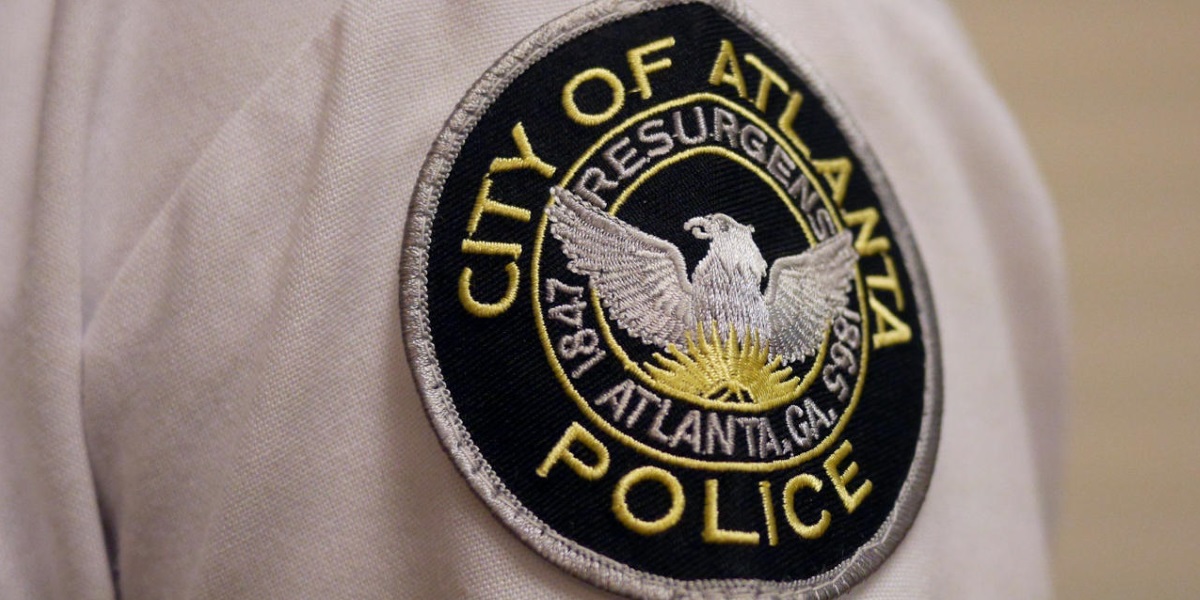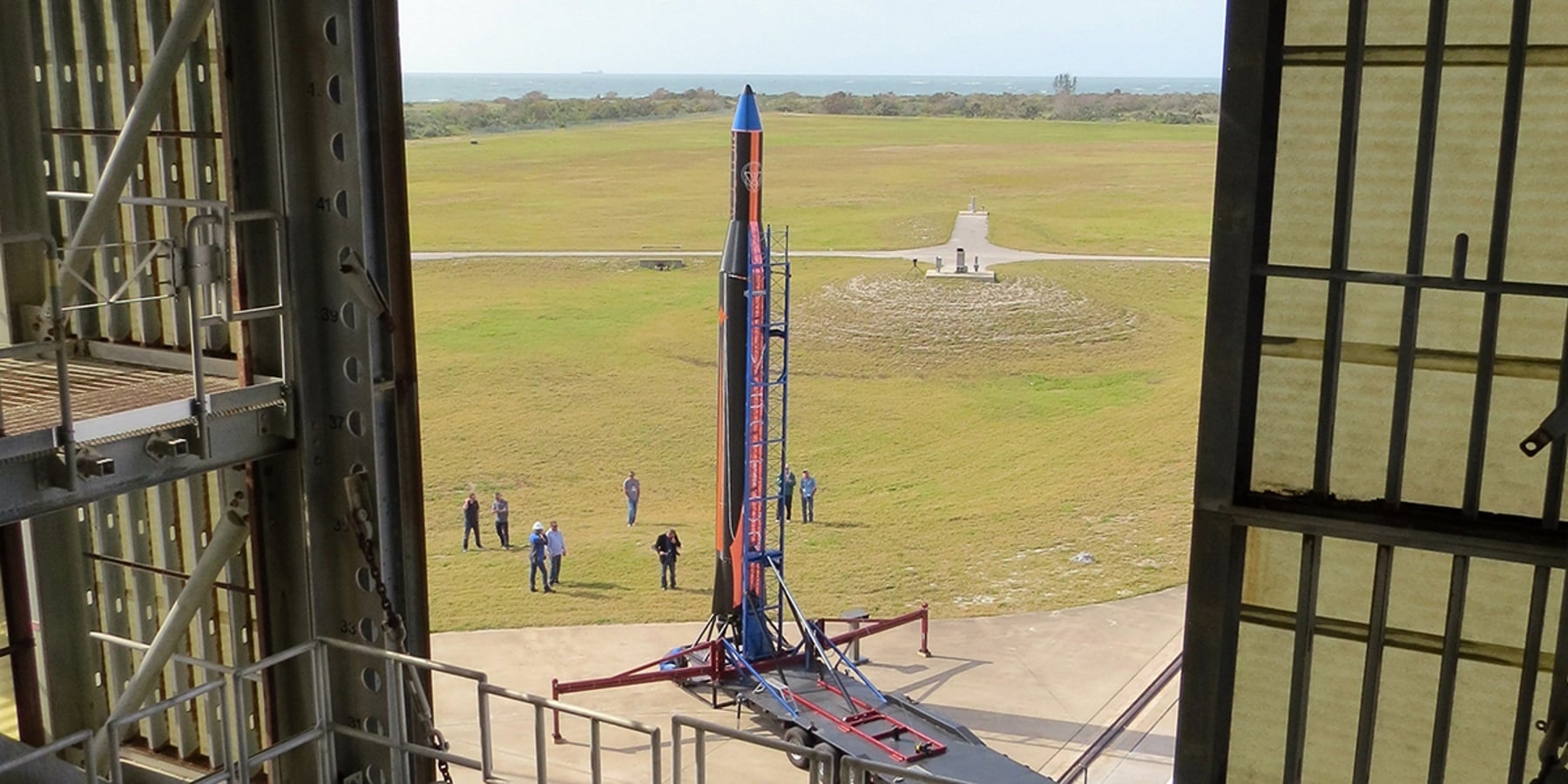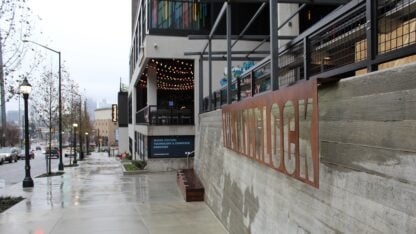APD International Police Training Raises Human Rights Concerns

As part of a U.S. State Department program with multiple cities, the Atlanta Police Department trains police all over the world. The APD received special praise from the State Department this summer for its training on bias-based violence and hate crimes abroad. But depending on where this training happens, some advocates say partnerships between the U.S. and foreign law enforcement can mean potentially lending American legitimacy to some troubling practices.
When the APD first started doing this work in 2012, Sgt. Warren Pickard was one of the officers they sent. He was part of a team of international police trainers sent to East Timor, or Timor-Leste. At the time, the country had only been independent of Indonesia for 12 years.
Before the APD officers got there the government was run by the military. “So we developed a police department, we started from scratch,” said Pickard. “Erected an academy, enlisted recruits and trained them in the modern day way of policing.”
Pickard was there for six months, teaching subjects like accident investigations, drug trafficking and how to deal with domestic disputes. That stuff, Pickard knows back and forth. He’s been a police trainer for almost 30 years. But some of the cultural barriers were new. He remembers a student raising his hand in one class.
“And the translator said he wanted to know, what do we do with witches in our country? And as a police officer living in a society where that’s not an everyday question, I was taken aback,” Pickard said.
His solution was to call the class to a break and ask some native Timorese how to handle the conversation. That was a speedbump compared to other obstacles the trainers faced.
Pickard keeps a scrapbook in his Atlanta office from his time in Timor-Leste. In it is a printout of memo from one of the country’s security leaders.
“One of the defense force chiefs said, ‘Let’s not get confused with the American way of doing things. One of the things we’ll do is still put you in jail and starve you and so on and so forth,’” said Pickard, paraphrasing the letter.
Torture. Abuse. Corruption. These are well-documented, systemic issues in many of the places Atlanta’s officers train police: El Salvador, Haiti, the Republic of Georgia, Thailand and, recently, Nigeria.
“I think it’s important for both the Atlanta police and the state department to realize that by simply engaging with this foreign government and with the Nigerian police, you are giving them legitimacy,” said Adotei Akwei, Managing Director for Government Relations for Amnesty International USA.
“Unfortunately the U.S. footprint is that big, that they need to be careful about how they engage and whether they’re really going to prioritize building law abiding, accountable, transparent partners in the countries that they go to or whether that’s just rhetoric.” Akwei said.
He said government security forces in Nigeria have an abysmal human rights record. Akwei points to significant tensions in the relationship between the U.S. Department of Defense and Nigeria’s military. The U.S. blocked helicopter sales to the country over human rights and safety concerns for Nigerian civilians caught up in conflict with the terrorist group Boko Haram. Akwei said these issues should give anyone providing security assistance in Nigeria pause.
“You are treating them as a partner, as a peer, and in that sense, you are in some ways sanctioning or turning a blind eye to behavior that you yourself would not condone,” Akwei said.
That behavior includes what Akwei said is an often abusive enforcement of Nigerian criminal law, under which “homosexual acts” are punishable by up to 14 years of prison time. Amnesty points to cases in which Nigerians perceived to be LGBT are beaten by civilians before being handed over to police.
According to the U.S. government, Atlanta’s police are well-equipped to address violence against LGBT communities. This summer, Bill Brownfield with the U.S. State Department gave them a plaque for this work.
“I want to be very clear on this, as far as the State Department is concerned, the APD is the leader on the issue of hate crimes and sexual and gender-based violence crimes,” Brownfield told media at a press event honoring the APD this May.
But that training wasn’t on the agenda for the recent Nigeria mission in June. What the APD did instead was send crime techs to train on fingerprinting and crime scene processing, mostly for narcotics investigations.
“We can only do training in country that the individual countries are prepared to accept,” said Brownfield, who added that APD officers do offer gender and sexuality-based hate crime training at regional police academies abroad. So Nigerian police can access those kinds of lessons when and if they leave the country for training in Botswana, for instance.
“Fingerprints. Yeah and then what?” Bisi Alimi told WABE over Skype. Twelve years ago, Alimi came out as gay on national television in Nigeria. Now he runs an LGBT advocacy and policy research organization, from the UK, where he fled after being attacked.
Alimi said even before Nigeria’s laws on homosexuality, he and other gay men were targeted, not protected, by Nigerian cops.
“They arrest them on the suspicion of being gay and use them as a means of making money,” Alimi said. “A lot of us don’t want our parents to know, don’t want to be ridiculed, don’t want to court.”
He said the abuses range from extortion to sexual violence. Alimi said he sees a huge need for what he called “comprehensive, relevant and impactful” law enforcement training.
“I don’t expect the Atlanta police to come to Nigeria and tell Nigerian police to fly a rainbow flag during pride week,” said Alimi. But he said human rights have to be front and center. Anything less, he called “a waste of time.”
Alimi leveled a familiar criticism of American policing before the conversation ended.
“Even talking about Atlanta and so many parts of the U.S., where police brutality is extreme, I can’t imagine that same police force going to Nigeria and training them to be more humane. It doesn’t make sense to me,” he said.
The APD’s Sgt. Warren Pickard pushed back.
“Society will always be hypocritical about when it comes to police officers,” he said. “One day we will be loved for the genuine kindness we show, and the next day we’ll be hated based on the actions of an officer who probably wasn’t on his best behavior, but it doesn’t neglect the good work that police officers do every day.”
As for the larger issue of potentially legitimizing security agencies with glaring human rights records, “I can understand those concerns,” said Pickard. “But it does not, and will not deter the effort to try to change. Plain and simple.”
Pickard said he sees the invitations from foreign police as a signal that changes are welcome, and said that he wouldn’t participate in the program if he didn’t see the value in it.
He said wherever he trains officers, he tells them: “Always be mindful of what you represent.”
9(MDAxODM0MDY4MDEyMTY4NDA3MzI3YjkzMw004))








